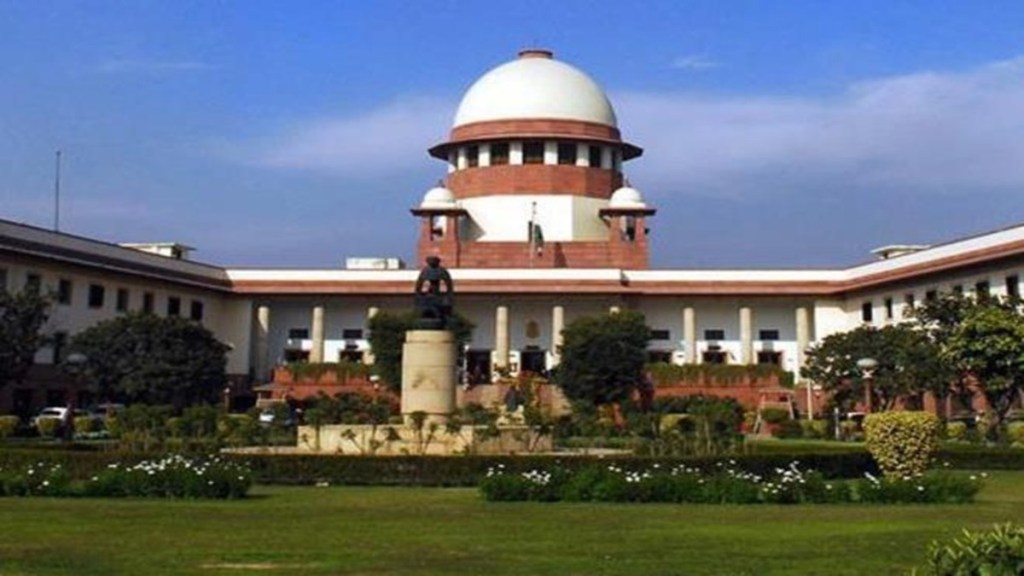The Supreme Court of India cited recent allegations of judicial ‘encroachment’ on Monday while hearing an application linked to violence in West Bengal. The remarks came mere days after Vice President Jagdeep Dhankhar insisted that Indian courts should not be able to ‘direct’ the President following a landmark judgement that set a deadline for clearing Bills. The SC had also cleared 10 bills that had been stalled and reserved by Tamil Nadu Governor R N Ravi for the consideration of President Droupadi Murmu.
“You want us to issue mandamus directing Union…? As it is, we are alleged of intruding on Parliamentary and Executive functions,” said Justice Gavai.
The court is hearing a plea seeking its intervention following deadly violence in the Murshidabad area of West Bengal last week. At least three people were killed and hundreds rendered homeless on April 11 and 12 as protests erupted against the recently passed Waqf (Amendment) Act. Advocate Vishnu Shankar Jain, who had filed a PIL in 2021 on behalf of two petitioners seeking President’s Rule in West Bengal in the wake of violence following assembly polls, urged the bench to take up a fresh plea for hearing on Tuesday.
Supreme Court sets deadline for President
The Supreme Court of India had issued a landmark judgement last week, setting a three-month deadline for the President to decide on Bills reserved for consideration by the Governor. A bench of Justices JB Pardiwala and R Mahadevan had ruled on April 8 that Tamil Nadu Governor RN Ravi’s decision to withhold 10 bills and reserve them for the President’s assent was “illegal and erroneous in law” and liable to be set aside. The Court also observed that the Governor must act based on the aid and advice of the State Legislature.
‘Nuclear missile against democratic forces’
Vice President Jagdeep Dhankhar however insisted that the judges who had “issued a mandamus virtually to the President and presented a scenario that it would be the law of the land have forgotten the power of the Constitution”. He also dubbed Article 142 “a nuclear missile against democratic forces and proposed an amendment to 145(3) which deals with the composition of the bench required to decide substantial questions of constitutional law.
“We never bargained for democracy for this day. President being called upon to decide in a time-bound manner, and if not, becomes law. So we have judges who will legislate, who will perform executive functions, who will act as super-parliament, and absolutely have no accountability because law of the land does not apply to them…We cannot have a situation where you direct the President of India,” reports quoted him as saying.

